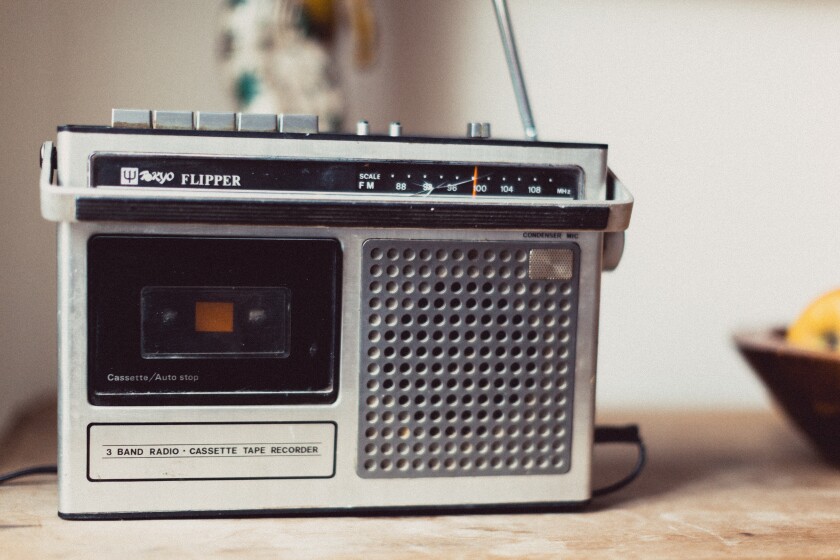Is the unlicensed playing of radio broadcasts as background music in restaurants copyright infringement? Yes, according to the Supreme Court (SC) in the case of Filipino Society of Composers, Authors and Publishers Inc. (FILSCAP) vs. Anrey, Inc., published in June. The SC ordered Anrey to pay FILSCAP l0,000,00 Philippine pesos (PHP) as temperate damages for the unlicensed public performance of the copyrighted songs from FILSCAP's repertoire and PHP 50,000,00 as attorney's fees.
FILSCAP is a collective management organisation accredited by the Intellectual Property Office of the Philippines (IPOPHL) and is a member of the Paris-based International Confederation of Societies of Authors and Composers. FILSCAP assists its members in the enforcement of their economic and moral rights, and owns the right to license public performances of the copyrighted works of its members.
Sometime between July and September 2008, FILSCAP found the chain of Sizzling Plate restaurants owned by Anrey playing copyrighted songs of its members without licence. FILSCAP sent several letters to Anrey demanding payment of annual licence fees for said public performance, which Anrey ignored, resulting in FILSCAP suing Anrey for copyright infringement.
In its defence, Anrey claimed that its restaurants play whatever is being broadcast on the radio station they are tuned into, and even if the broadcast played copyrighted music, the radio stations have already paid the corresponding royalties. Thus, FILSCAP would be recovering twice: from the station that broadcast the copyrighted music, and from its restaurants. Anrey further claimed that the public performance, if it were such, were only for its employees, and thus is not copyright infringement.
The Regional Trial Court dismissed FILSCAP’s complaint on the ground that the IP Code exempts public performances by a club or institution for charitable or educational purposes, provided they are not profit making and do not charge admission fees. FILSCAP appealed to the Court of Appeals (CA), which likewise denied the appeal based on the application of the exemption known in the US as ‘the homestyle and business exemption’, designed for small businesses to use television or radio sets within its premises.
The Supreme Court, however, reversed the CA decision, stating that under Section 177.6 of the IP Code, public performance is an exclusive economic right of the author, and unless the act falls within the ambit of fair use, is copyright infringement. While Anrey does not directly charge a fee for playing radio broadcasts over its speakers, it can enhance profit by providing entertainment to the public, particularly its customers, who pay for the dining experience in Anrey’s restaurants.
The SC also ruled that Anrey’s act, applying the four-factor application and analysis, is not fair use, declaring:
The purpose and character of the use of the copyrighted songs are commercial;
The nature of the copyrighted songs is creative rather than factual, and thus fair use is weighed against the user, Anrey;
An exact reproduction of the copyrighted songs is made when they are played via radio-over-loudspeakers, not just small portions thereof; and
The use of the copyrighted songs in this case could "result in a substantially adverse impact on the potential market” for said songs.
The SC, however, commented further that the broad definition of a public performance in the IP Code is a cause for concern: “By the mere definition of what a public performance is, listeners of a radio station, to some extent, risk copyright infringement.” The SC recommended lawmakers amend the IP Code, and adopt the WTO three-step test to determine whether the limitation or exception on the rights of an owner exceed said threshold. This would mean they:
Must be confined to certain special cases;
Cannot conflict with a normal exploitation of the work; and
Cannot unreasonably prejudice the legitimate interests of the rights holder.
These tests can also be applied cumulatively.












